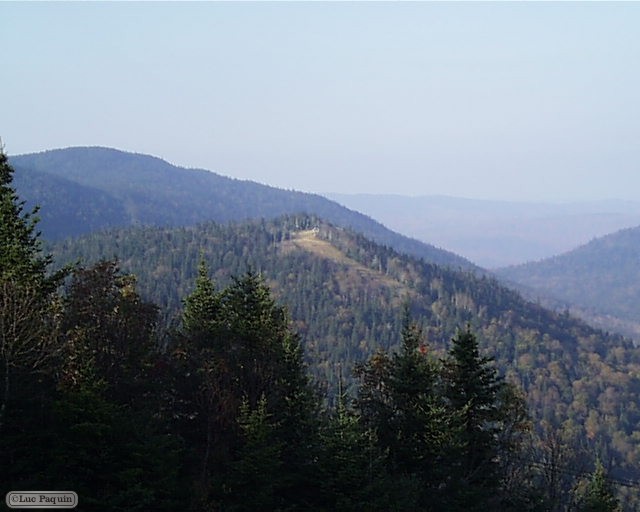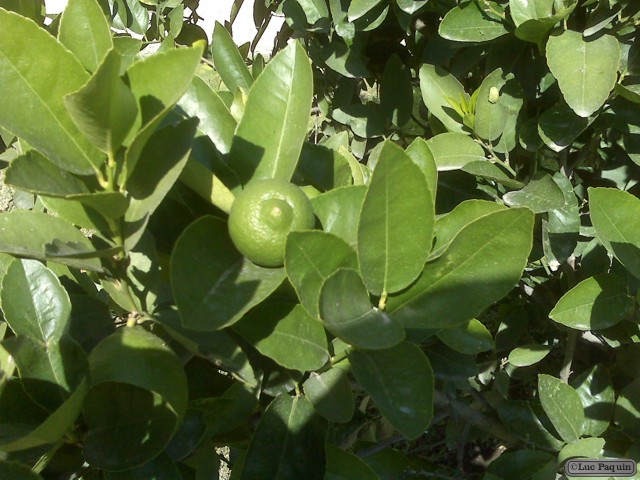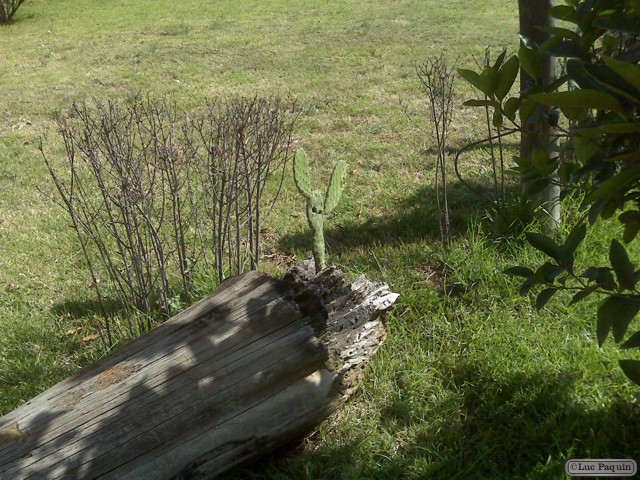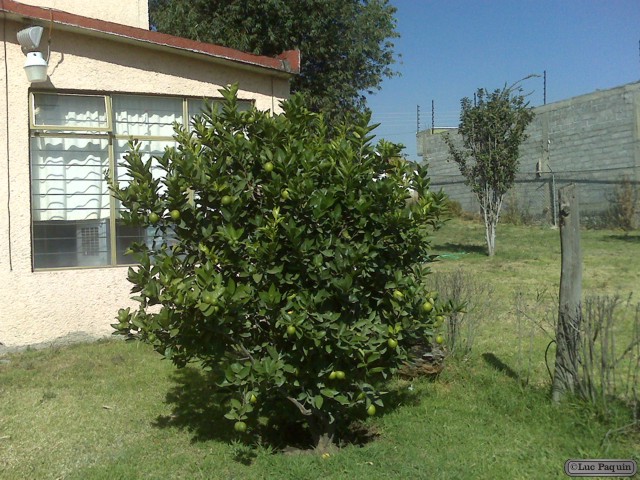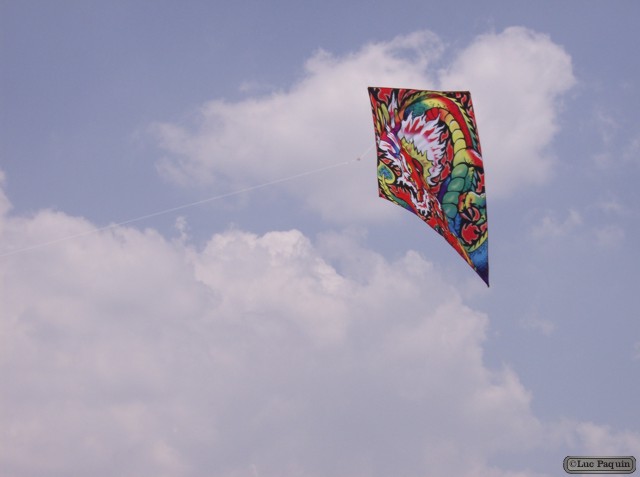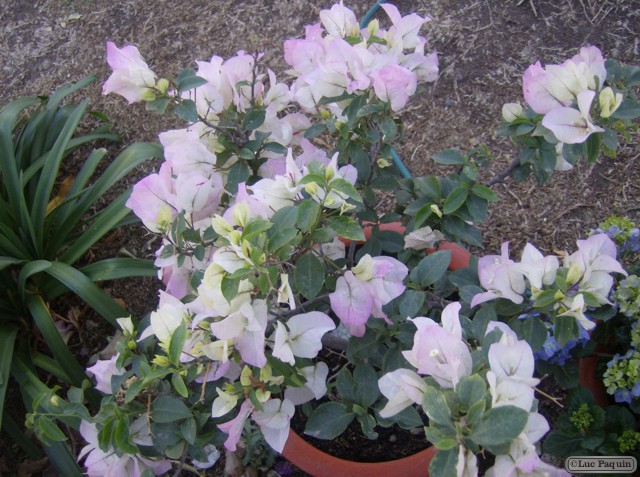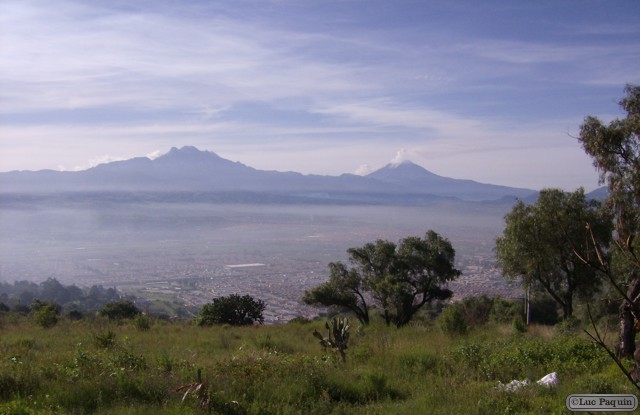Year: 2002
11″ x 8.5″
Media: Canon® Pro Platinum High Gloss Photo Paper
Printers: Canon® PIXMA
Color
Art: Photo
Artist: Luc Paquin
Lac des Trois Montagnes, La Conception, Quebec
APEL des Trois Montagnes
A little history
The association was founded in 1979 and since that day, a dedicated team of pioneers and visionary volunteers have contributed to its growth. Several issues are prioritized, including access to the lake, fish stocking and monitoring of water quality.
There are over 295 waterfront homes belonging to 280 owners, of which 161 are members of APEL. The more we are, the better we can defend and protect our environment.
Luc
Year: 2002
11″ x 8.5″
Media: Canon® Pro Platinum High Gloss Photo Paper
Printers: Canon® PIXMA
Color
Art: Photo
Artist: Luc Paquin
Mont-Tremblant, Quebec
Gray Rocks
History
Gray Rocks was established in 1905 by George Wheeler, originally of New Hampshire. His granddaughter, Lucille Wheeler, won the Bronze Medal for alpine skiing at the 1956 Winter Olympics.
In 1948, Réal Charette, a former World War II winter warfare instructor, became the first Canadian to be appointed a director of a ski school in Canada, the renowned Snow Eagle Ski School at Gray Rocks.
At the end of March 2009, Gray Rocks was closed as both a hotel and ski resort. Only the two golf courses, La Belle and La Bête remain in operation from May to October. Several owners of the condos previously associated with Gray Rocks have created a vacation home rental operation, Lac Ouimet Rentals, that now operates under the name Village des Soleils.
Luc
Year: 2002 (January 22, 2002)
11″ x 8.5″
Media: Canon® Pro Platinum High Gloss Photo Paper
Printers: Canon® PIXMA
Color
Art: Photo
Artist: Luc Paquin
Lac des Trois Montagnes, La Conception, Quebec
APEL des Trois Montagnes
Our mission and goals
Protect the environment of Trois Montagnes lake, including the following specific objectives:
- Protect its shores and surroundings, including its draining basins, against any change that could harm its environment;
- Proceed with an annual fish stocking;
- Protect and defend the interest of the lakefront owners regarding specifically the protection of the environment.
Luc
Year: 2011 (November 22, 2011)
11″ x 8.5″
Media: Canon® Pro Platinum High Gloss Photo Paper
Printers: Canon® PIXMA
Color
Art: Photo
Artist: Luc Paquin
Citlalin, Acozac, Mexico
Lime
History
Limes were first grown on a large scale in southern Iraq and Persia, and the fruit was first grown commercially in what is today southern Iraq (Babylonia).
To prevent scurvy during the 19th century, British sailors were issued a daily allowance of citrus, such as lemon, and later switched to lime. The use of citrus was initially a closely guarded military secret, as scurvy was a common scourge of various national navies, and the ability to remain at sea for lengthy periods without contracting the disorder was a huge benefit for the military. The British sailor thus acquired the nickname, “Limey” because of their usage of limes.
Luc
Year: 2011 (November 22, 2011)
11″ x 8.5″
Media: Canon® Pro Platinum High Gloss Photo Paper
Printers: Canon® PIXMA
Color
Art: Photo
Artist: Luc Paquin
Citlalin, Acozac, Mexico
Cactus
A cactus is a member of the plant family Cactaceae within the order Caryophyllales. The word “cactus” derives, through Latin, from the Ancient Greek, kaktos, a name originally used by Theophrastus for a spiny plant whose identity is not certain. Cacti occur in a wide range of shapes and sizes. Most cacti live in habitats subject to at least some drought. Many live in extremely dry environments, even being found in the Atacama Desert, one of the driest places on earth. Cacti show many adaptations to conserve water. Almost all cacti are succulents. Unlike many other succulents, the stem is the only part of most cacti where this vital process takes place. Cactus stems store water. Most species of cacti have lost true leaves, retaining only spines, which are highly modified leaves. As well as defending against herbivores, spines help prevent water loss by reducing air flow close to the cactus and providing some shade. In the absence of leaves, enlarged stems carry out photosynthesis. Cacti are native to the Americas, ranging from Patagonia in the south to parts of western Canada in the north; except for Rhipsalis baccifera, which also grows in Africa and Sri Lanka.
Luc
Year: 2011 (November 22, 2011)
11″ x 8.5″
Media: Canon® Pro Platinum High Gloss Photo Paper
Printers: Canon® PIXMA
Color
Art: Photo
Artist: Luc Paquin
Citlalin, Acozac, Mexico
Lime
A lime (from Arabic and French lim)[1] is a citrus fruit, which is typically round, lime green, 3-6 centimetres in diameter, and containing sour (acidic) pulp. There are several species of citrus trees whose fruits are called limes, including the Key lime (Citrus aurantifolia), Persian lime, kaffir lime, and desert lime. Limes are an excellent source of vitamin C, and are often used to accent the flavours of foods and beverages. They are grown year-round in tropical climates and are usually smaller and less sour than lemons, although varieties may differ in sugar and acidic content. Plants with fruit called “limes” have diverse genetic origins; “Limes” is not a monophyletic group.
Luc
Year: 2009 (August 23, 2009)
11″ x 8.5″
Media: Canon® Pro Platinum High Gloss Photo Paper
Printers: Canon® PIXMA
Color
Art: Photo
Artist: Luc Paquin
Citlalin, Acozac, Mexico
Papalote (Kite)
A kite is a tethered object with an aerodynamic surface that creates lift in order to overcome gravity and fly. Kites have a long and varied history and there are many types of kites that are flown individually and at festivals world wide.
The necessary lift that sustains the kite in flight is generated when air flows above the kite’s surface, producing low pressure above and high pressure below the wings. The interaction with the wind also generates horizontal drag along the direction of the wind. The resultant force vector from the lift and drag force components is opposed by the tension of one or more of the lines or tethers to which the kite is attached.
Luc
Year: 2012 (April 23, 2012)
11″ x 8.5″
Media: Canon® Pro Platinum High Gloss Photo Paper
Printers: Canon® PIXMA
Color
Art: Photo
Artist: Luc Paquin
Citlalin, Acozac, Mexico
Bugambilia
Bougainvillea is a genus of thorny ornamental vines, bushes, and trees with flower-like spring leaves near its flowers. Different authors accept between four and 18 species in the genus. They are native plants of South America from Brazil west to Perú and south to southern Argentina (Chubut Province). Bougainvillea are also known as buganvilla (Spain), bugambilia (Mexico), Napoleón (Honduras), veranera (Colombia, Nicaragua, El Salvador, Costa Rica and Panama), trinitaria (Colombia, Cuba, Panama, Puerto Rico, Dominican Republic & Venezuela), Santa Rita (Argentina, Bolivia, Brazil, Paraguay and Uruguay) or papelillo (northern Peru).
The vine species grow anywhere from 1 to 12 m tall, scrambling over other plants with their spiky thorns. The thorns are tipped with a black, waxy substance. They are evergreen where rainfall occurs all year, or deciduous if there is a dry season. The leaves are alternate, simple ovate-acuminate, 4-13 cm long and 2-6 cm broad. The actual flower of the plant is small and generally white, but each cluster of three flowers is surrounded by three or six bracts with the bright colours associated with the plant, including pink, magenta, purple, red, orange, white, or yellow. Bougainvillea glabra is sometimes referred to as “paper flower” because the bracts are thin and papery. The fruit is a narrow five-lobed achene.
Luc
Year: 2010 (February 10, 2010)
11″ x 8.5″
Media: Canon® Pro Platinum High Gloss Photo Paper
Printers: Canon® PIXMA
Color
Art: Photo
Artist: Luc Paquin
Citlalin, Acozac, Mexico
Arcoiris (Rainbow)
A rainbow is an optical and meteorological phenomenon that is caused by reflection, refraction and dispersion of light in water droplets resulting in a spectrum of light appearing in the sky. It takes the form of a multicoloured arc. Rainbows caused by sunlight always appear in the section of sky directly opposite the sun.
In a primary rainbow, the arc shows red on the outer part and violet on the inner side. This rainbow is caused by light being refracted (bent) when entering a droplet of water, then reflected inside on the back of the droplet and refracted again when leaving it.
Luc
Year: 2007 (July 17, 2007)
11″ x 8.5″
Media: Canon® Pro Platinum High Gloss Photo Paper
Printers: Canon® PIXMA
Color
Art: Photo
Artist: Luc Paquin
Mixcotl, Acozac, Mexico
Popocatépetl and Iztaccíhuatl
Iztaccíhuatl’s father sent Popocatepetl to war in Oaxaca, promising him his daughter as his wife if he returned. Iztaccíhuatl’s father presumed he would not return and so arranged several suitors for his daughter. When Iztaccíhuatl heard of this she killed herself with a dagger, because she knew that Popocatepetl would never survive in battle, and did not want to marry anyone else. When Popocatépetl returned, and discovered the death of his lover, he took her to the top of the mountain, hoping the cold would wake her but Instead he froze. God covered them with snow and changed them into mountains. Iztaccíhuatl’s mountain was called “La Mujer Dormida, (the “Sleeping Woman”), because it bears a resemblance to a woman sleeping on her back. Popocatépetl became the volcano Popocatépetl, raining fire on Earth in blind rage at the loss of his beloved.
Luc

